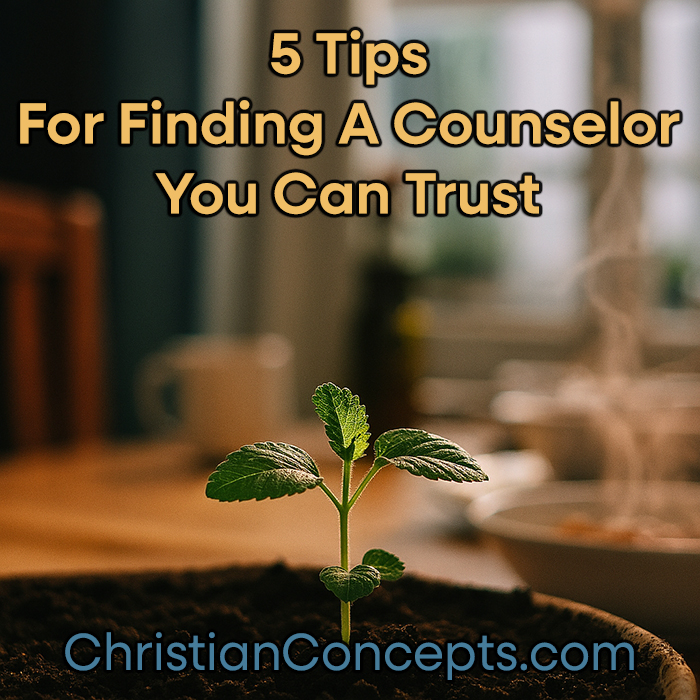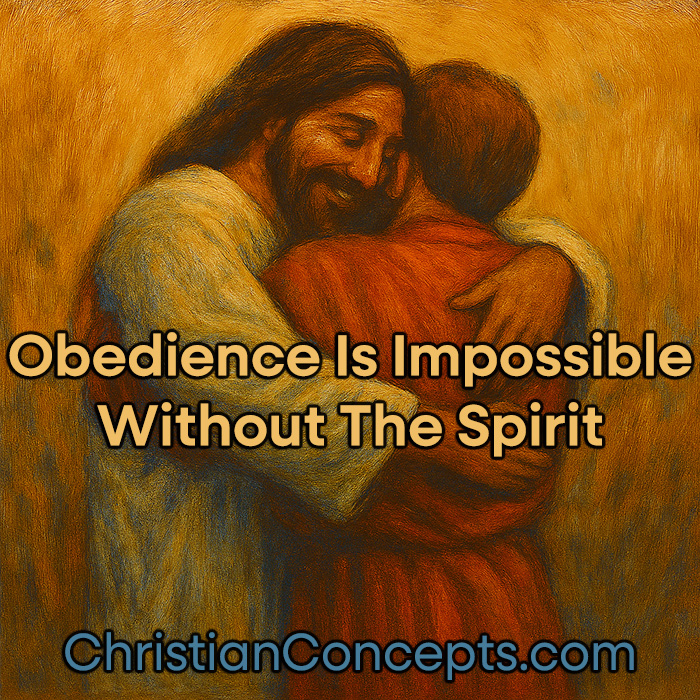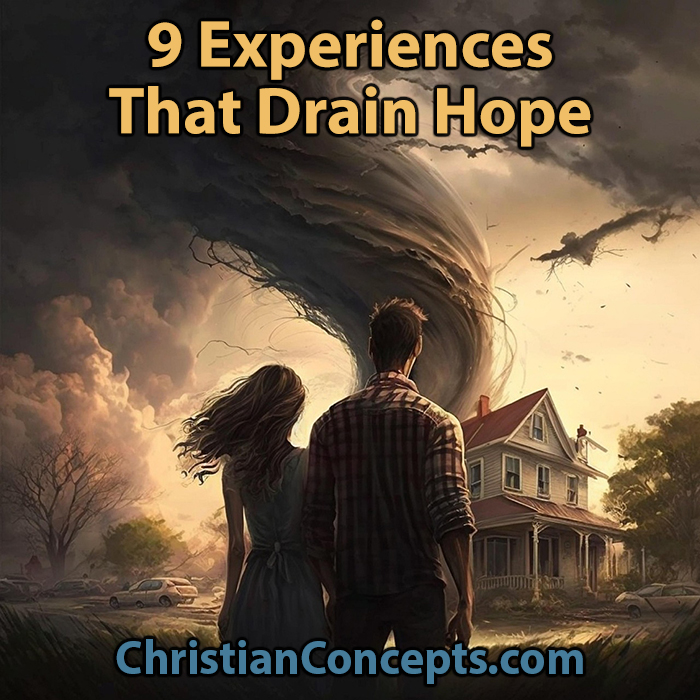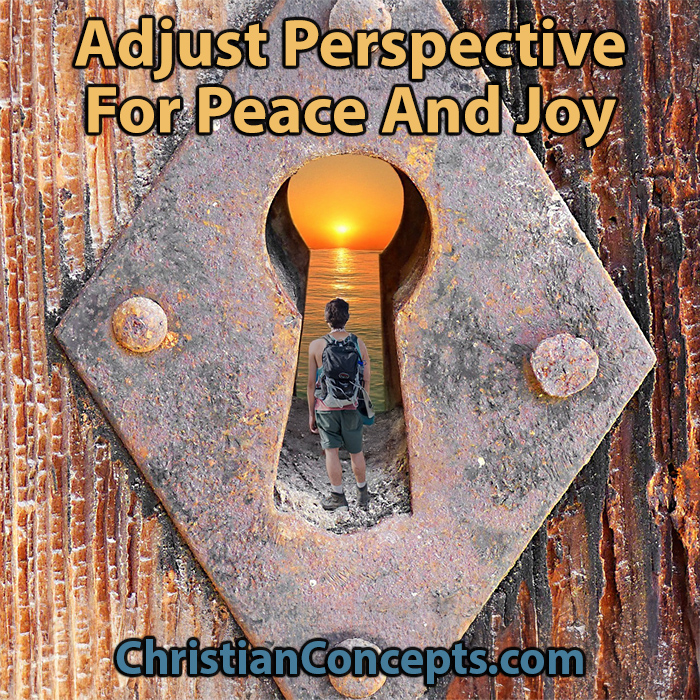- Already Eternal, Even When You Feel Uselessby Matt Pavlik
- Contemplate Your Priorities To Prevent Spiritual Decayby Matt Pavlik
- Thriving In Marriage Beyond The Honeymoonby Matt Pavlik
- Romans 8: No Condemnation, No Separationby Matt Pavlik
- 5 Tips For Finding A Counselor You Can Trustby Matt Pavlik
- You Can’t Save Yourself—But the Good News Sets You Freeby Matt Pavlik
- Obedience Is Impossible Without The Spiritby Matt Pavlik
- Salvation Is Secure: The Spirit Moved In—He’s Not Moving Outby Matt Pavlik
- Hebrews 6: Two Fields, Two Heartsby Matt Pavlik
- I Am Scared I Will Lose My Salvationby Matt Pavlik
- Rescue Before Recognitionby Matt Pavlik
- Is God’s Love Uncontrolling?by Matt Pavlik
- Important Not Urgent: How Jesus Prioritizesby Matt Pavlik
- Trust God When You Struggle To Understand Yourselfby Matt Pavlik
- Only God Has Free Willby Matt Pavlik
- 9 Experiences That Drain Hopeby Matt Pavlik
- Adjust Perspective For Peace And Joyby Matt Pavlik
- Marital Unity Leaves A Rich Legacyby Matt Pavlik
- 3 Reasons To Trust God Todayby Matt Pavlik
- Faith Is Assuranceby Matt Pavlik
- Seek Understanding Before Solutionby Matt Pavlik
- Follow The Spirit Not The Fleshby Matt Pavlik
- Only God Is Trustworthyby Matt Pavlik
- Bad Theology Leads To Poor Mental Healthby Matt Pavlik
- Trust God To Save Youby Matt Pavlik
- Holy Spirit Makes The Heart Right With Godby Matt Pavlik
- Scriptural Warnings Support Eternal Securityby Matt Pavlik
- Salvation Is Always By Faith Aloneby Matt Pavlik
- God Did Not Save All Ten Virginsby Matt Pavlik
- Without Salvation Adam Was Vulnerable To Sinby Matt Pavlik
- Discern Genuine Servants From False Servantsby Matt Pavlik
- Infants Are Conceived Already Sinfulby Matt Pavlik
Salvation, identity, and relationships are all secure in Christ—Discover God's truth and find emotional healing through deep soul care.
































